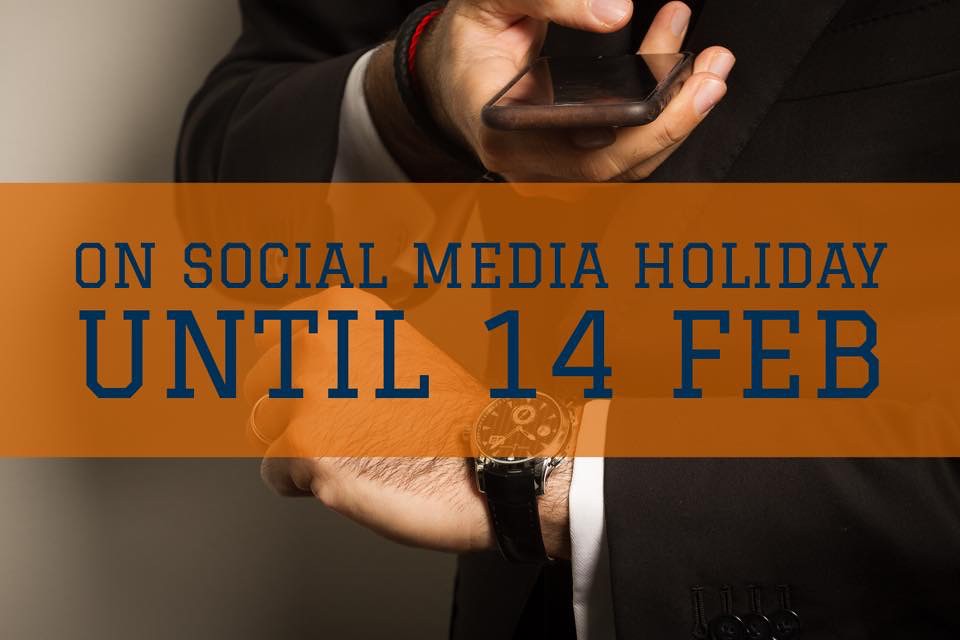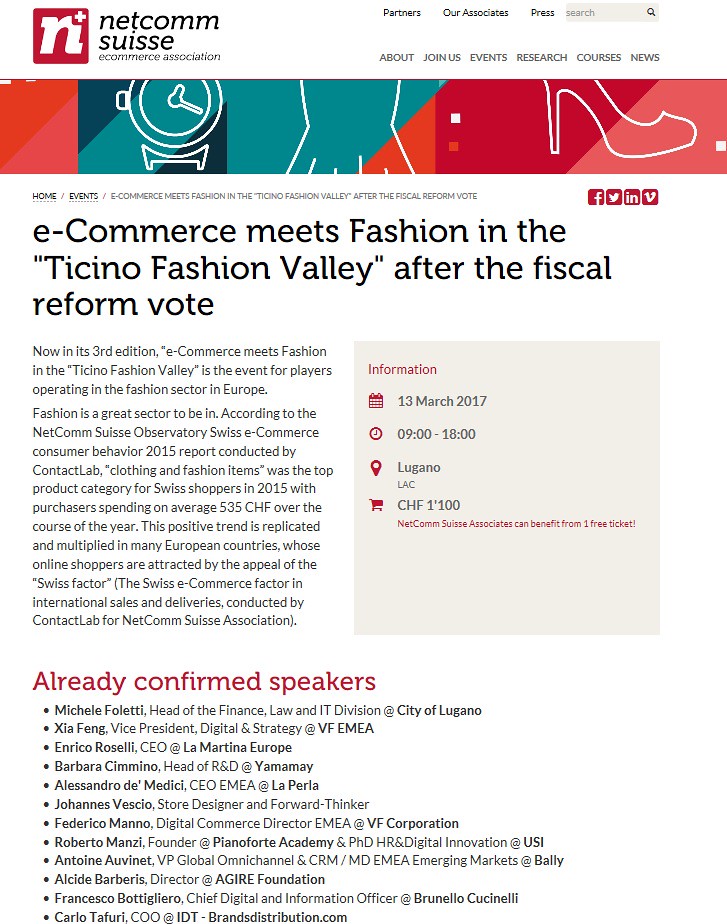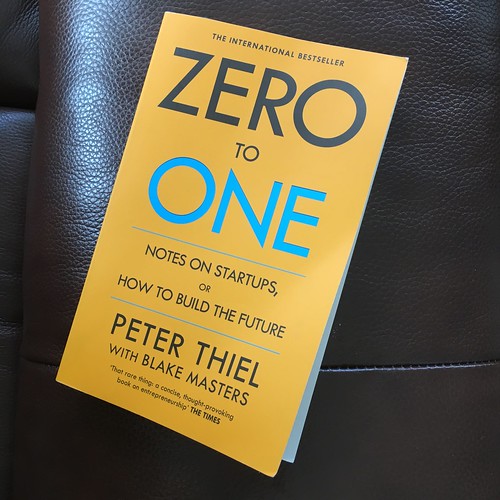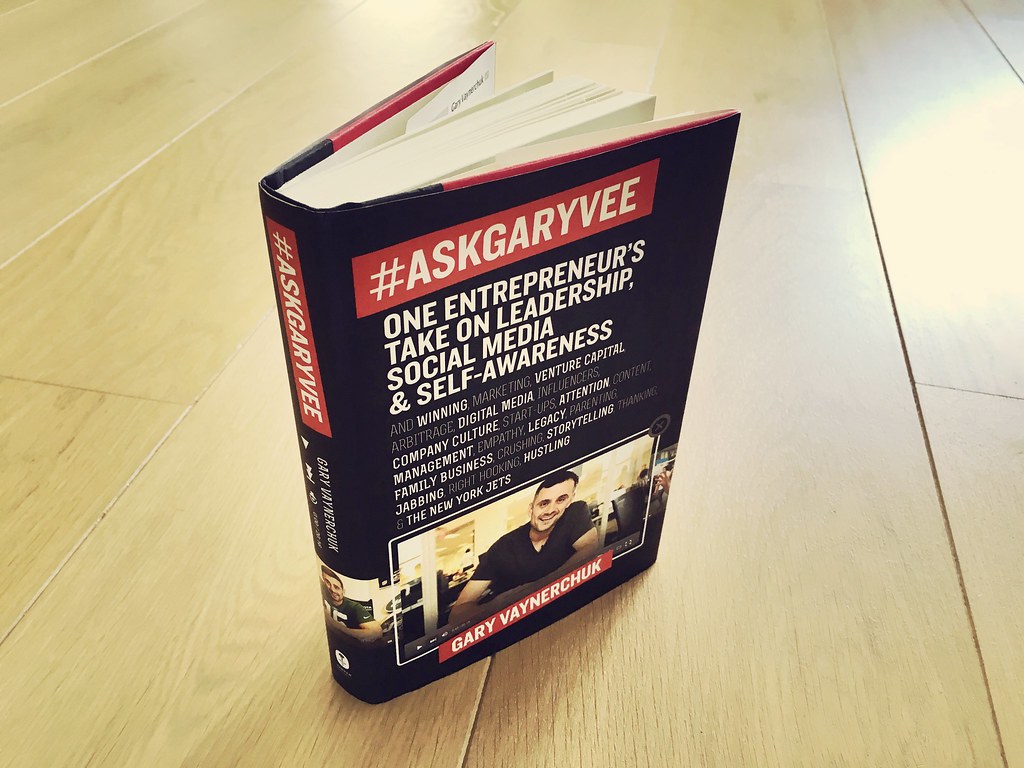The Power of Charity and Ten Percent Rule are under rated, they are rather unknown and often ignored. Personally I believe that the biggest misconception of the power of charity is that people believe it is a one way street. You give to someone in need and you just do good to them. But 'The Power of Charity' in my humble opinion is a golden triangle: obviously it does good to the one receiving that is in need. But, it also does good to the one giving, plus 'the butterfly effect' will make example follow. So, basically it is a triple win situation.
Ten Percent
The Ten Percent philosophy kicks in here. After one realizes they need to give, the biggest questions that arises is: "how much?".
How much should I give? How much is enough? Is this much enough?
The answer for me is at least ten percent. Ten percent of your disposable income plus ten percent of your free time. Why do I live by this rule? Because of my parents. I updated my site (this site) at the beginning of this month (February 2018) with a new page about this subject (Ten Percent). Here I describe how my parents taught me 'the art of giving' and how much to give. The main reason for me to set up this page is to promote 'giving'. To inspire to give and those that already give, to give more.
Research
After putting the new webpage up I received several questions about why my parents inspired their children to give according to the Ten Percent Rule? That notion was very logical and natural to me, due to our religion, culture and tradition instilled in my family. So, to find more background about the Ten Percent Rule, I did some research:
- On the 'Giving What We Can' website they inspire people to pledge at least 10% annually. In their FAQs they explain why ten percent: "... We chose 10% because it strikes a good balance. It is a significant proportion of one's income, in recognition of the importance of the problem and the need to take real action. But it is also within reach of most people in the developed world. There is also a strong historical connection to the idea of tithing, a tradition in Judaism and Christianity of giving 10% of your income to charity or the Church. Islam has a similar practice (zakat) in which those who are able give between 2.5 and 20% to the poor and needy. ..."
- Jane Pratt set up the online magazine xoJane and they feature an article: 'Why and How I Give Ten Percent of My Income to Charity' by Allison Kade. In this article she states: "... The 10% number is Biblical in origin (an “overheard in synagogue,” if you will), but I don’t give this money away for religious reasons. In fact, I was surprised when, in a recent conversation, a friend termed this “radical giving” on my part. I don’t think my 10% is terribly groundbreaking, but I do think the “I’ll wait ’til I have more money” excuse doesn’t hold water. Most people should be able to manage it. I’ll show you how I did it, at least. ..."
- Chabad dives in to the Jewish perspective of giving ten percent in an article named: 'Charity During Times of Economic Difficulty': "... According to Jewish tradition, a minimum of 10% of our net earnings are earmarked for tzedakah. It is our belief that ultimately we are G‑d's bankers; in addition to the monies intended for our personal use, He entrusts us with an additional sum—which we are meant to disperse to charitable causes. G‑d created a world of givers and takers. And while He provides for all His creations, he desired that His beneficence reach the "takers" via the wallets of the givers. When doing so, we are not going beyond the call of duty; we are merely faithfully discharging our responsibility. "Charity" is a luxury; during difficult times we cut back in this area. Tzedakah, on the other hand – i.e the 10% that we donate – was never ours in the first place; and delivering it to its intended recipients is certainly not a luxury that can be scaled back. (It should be noted, however, that a person who has only enough to cover his or her most rudimentary needs is exempt from this tithe.) ..."
Tithe
Looking at the last word in the previous sentence: tithe, we find another interesting point of view. The definition of the noun tithe according to Merriam-Webster:
"a tenth part of something paid as a voluntary contribution or as a tax especially for the support of a religious establishment."
Obviously I can not skip the explanation of tithe on Wikipedia:
"A tithe (/taɪð/; from Old English: teogoþa "tenth") is a one-tenth part of something, paid as a contribution to a religious organization or compulsory tax to government. ... Traditional Jewish law and practice has included various forms of tithing since ancient times. Orthodox Jews commonly practice ma'aser kesafim (tithing 10% of their income to charity). In modern Israel, Jews continue to follow the laws of agricultural tithing, e.g., ma'aser rishon, terumat ma'aser, and ma'aser sheni.
In Christianity, some interpretations of Biblical teachings conclude that although tithing was practiced extensively in the Old Testament, it was never practiced or taught within the first-century Church. Instead, the New Testament scriptures are seen as teaching the concept of "freewill offerings" as a means of supporting the church: 1 Corinthians 16:2, 2 Corinthians 9:7. Also, some of the earliest groups sold everything they had and held the proceeds in common to be used for the furtherance of the Gospel: Acts 2:44–47, Acts 4:34–35. Further, Acts 5:1–20 contains the account of a man and wife (Ananias and Sapphira) who were living in one of these groups. ... Tithes were mentioned at the Council of Tours in 567 and the Synod of Mâcon in 585. ..."
It is worth while to read the complete text on Wikepedia as it is very elaborate. I personally learned a lot from it and loved the historical aspect.
What companies donate 10%
Finally, it is interesting to learn who follows the Ten Percent Rule. During my research I found that these companies & famous people donate (at least) ten percent of their profits/wealth to charity:
- Innocent Drinks
- TP Legal Recruitment, which set up The Ten Percent Foundation
- James Simons
- Toms Shoes
- Ivory Ella
- John D. Rockefeller
- Pierre Omidyar
- And many more.
Conclusion
I really enjoyed writing this post. It has been very educational for myself and I have learned a new word in my English vocabulary: tithe. I knew the Hebrew equivalent, but the English word was new to me. I had to translate it to Dutch and to my regret it is rather boring: tiende deel. This litterally means 1/10th part. So, ten percent. That kind of makes the circle round again at the end of the article.
If you made it so far, to the end of this post, thank you. I would love to learn how much you donate.
Finally I invite you to read my Ten Percent page on this website.



